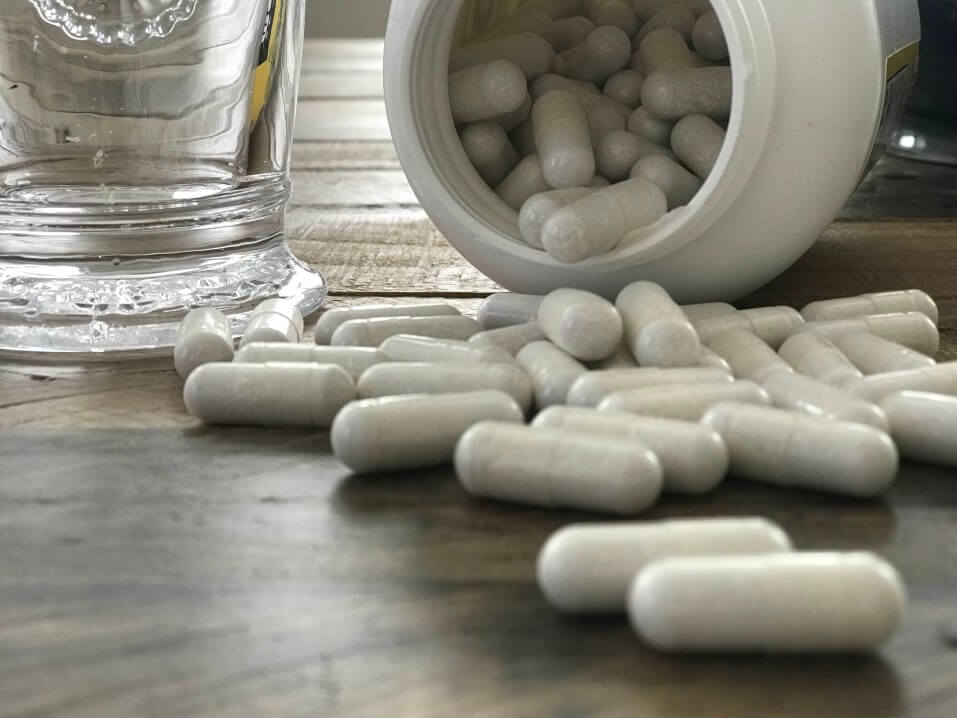Ohio has been on the frontlines since the very beginning of the opioid epidemic. In 2017, Ohio had the second highest rate of opioid overdoses in the country. Of course, opioid addiction doesn’t discriminate and has an impact on communities everywhere. But the stigma surrounding opioid addiction adds an extra layer of resistance for helping those who are suffering. And this is seen in our own communities in Ohio.
If you or someone you love is suffering from an opioid use disorder, the struggle is often on two fronts: their personal addiction with the drug and the stigma and judgment that makes it that much harder to get help. But the good news is Ohio is already off to a great start when it comes to fighting against opioids. Thanks to some new government policies over the years, opioid overdoses dropped by 22% in 2018.
Even though progress is being made, the stigma of opioid addiction remains. In this article, we’ll outline how to break the stigma of addiction.
It All Starts with Education
For many people, opioid addiction is seen as some type of moral failing; They blame themselves for their addiction and believe they could have controlled it. The truth is, no one wants to suffer from an opioid use disorder. Whether the addiction started from trying to find a way to cope or as a prescription from a doctor, opioid use disorder needs to be treated like the disease that it is.
Ending the stigma of opioid addiction starts with seeing that those who are struggling with addiction are simply people suffering from a disease. After all, thinking the individual struggling with opioid addiction is weak and blaming them for their substance abuse only adds more pressure and barriers in seeking help. The fight to ending addiction stigma begins with understanding that opioid addiction is a disease and those who are suffering from it aren’t to blame.
The Reality of Co-Occurring Conditions
At first glance, it’s easy to think opioid addiction is an independent health problem. Substance use disorders are far too often siloed out in the minds of observers. But for people suffering from co-occurring conditions, this couldn’t be farther from the truth. In fact, according to the National Institute on Drug Abuse, roughly 37.9% of people with a substance use disorder also have a mental illness.
This disconnect has led to many of those suffering from opioid addiction not getting the specific help they need for recovery. To end the stigma of opioid addiction, we need to acknowledge and understand that mental health disorders like depression or anxiety can play a direct role in substance abuse.
Connection Over Isolation
There’s a famous experiment where individual rats were given two bottles of water to drink from. The majority of rats preferred the bottle that had drugs in it, resulting in addiction. But another scientist repeated the experiment, this time giving the rats a wide variety of activities and ways to connect with each other. He called it “Rat Park”, and unlike the first experiment, the majority of rats didn’t abuse the drug-filled water.
The key takeaway here is that far too often, those suffering from opioid addiction become isolated. While connection can’t cure opioid addiction, finding ways to support those suffering can help end the stigma. For example:
• If your loved one is suffering from an opioid addiction: Find ways to connect with them. Let them know that they are not alone. Even a simple conversation can shine a light through the dark cloud they’re in.
• If you’re suffering from opioid addiction: Connect with your loved ones. Tell them your story and what you’re going through. The more people you connect with in a healthy way, the more you’ll help your loved ones to understand what you’re dealing with.
Change is Possible at Silver Maple Recovery
If you or your loved one is suffering from an opioid addiction, Silver Maple Recovery is here to help. We cut through the stigma of addiction and provide evidence-based opioid treatment to help you reach lasting recovery.
Change starts with you. If you’re ready to find support, contact our team of expert caregivers today to get started.







